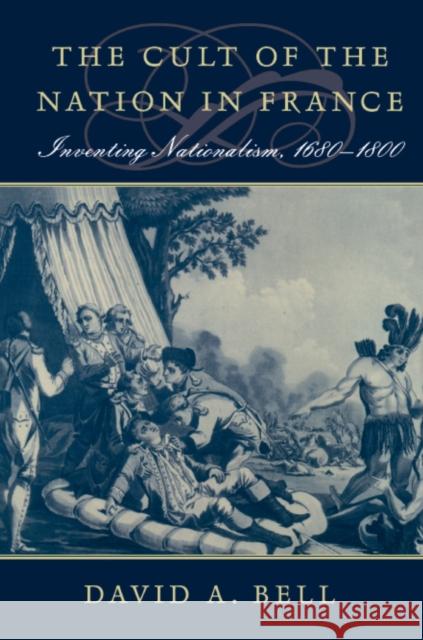Cult of the Nation in France: Inventing Nationalism, 1680-1800 » książka
Cult of the Nation in France: Inventing Nationalism, 1680-1800
ISBN-13: 9780674012370 / Angielski / Miękka / 2003 / 320 str.
Using eighteenth-century France as a case study, David Bell offers an important new argument about the origins of nationalism. Before the eighteenth century, the very idea of nation-building--a central component of nationalism--did not exist. During this period, leading French intellectual and political figures came to see perfect national unity as a critical priority, and so sought ways to endow all French people with the same language, laws, customs, and values. The period thus gave rise to the first large-scale nationalist program in history. The revolutionaries hoped that patriotism and national sentiment would replace religion as the new binding force in public life. Yet paradoxically, the example of cultural remodeling they followed in their nation-building quest was that of the Catholic Church, in its ambitious Counter-Reformation efforts to evangelize the French peasantry. In the new era, the population would be bound together not in a single Church, but in a single French nation. In a work of lucid prose and striking originality, Bell offers the first comprehensive survey of patriotism and national sentiment in early modern France, and shows how the dialectical relationship between nationalism and religion left a complex legacy that still resonates in debates over French national identity today.











